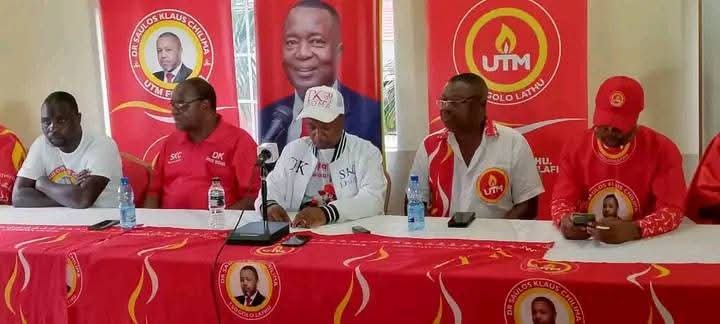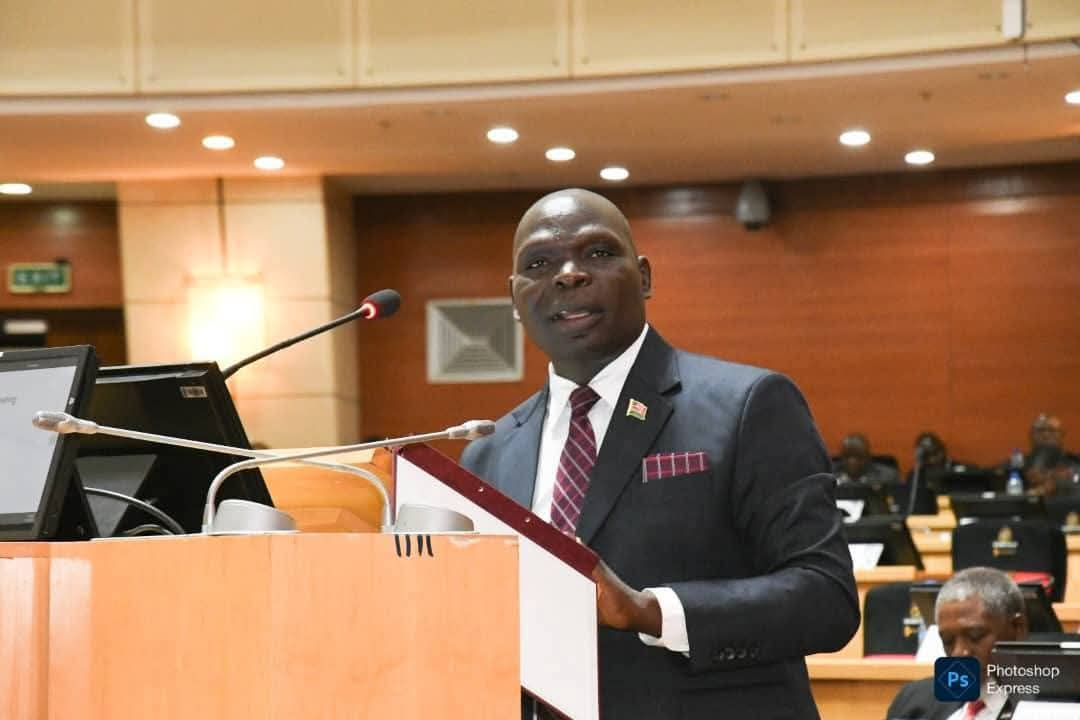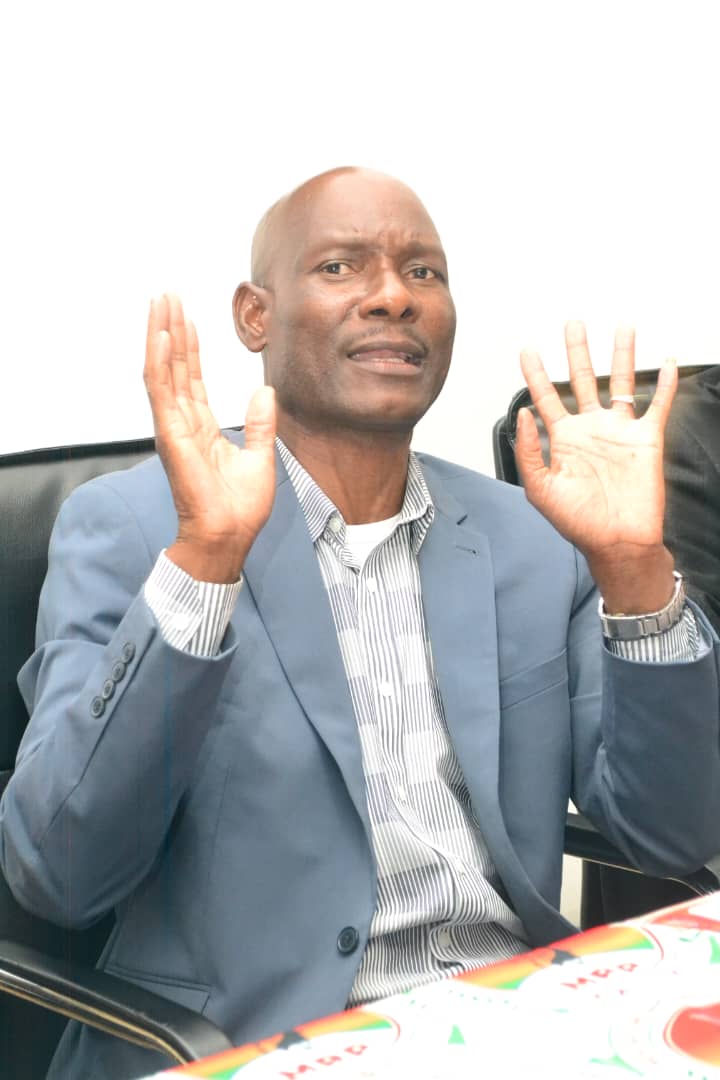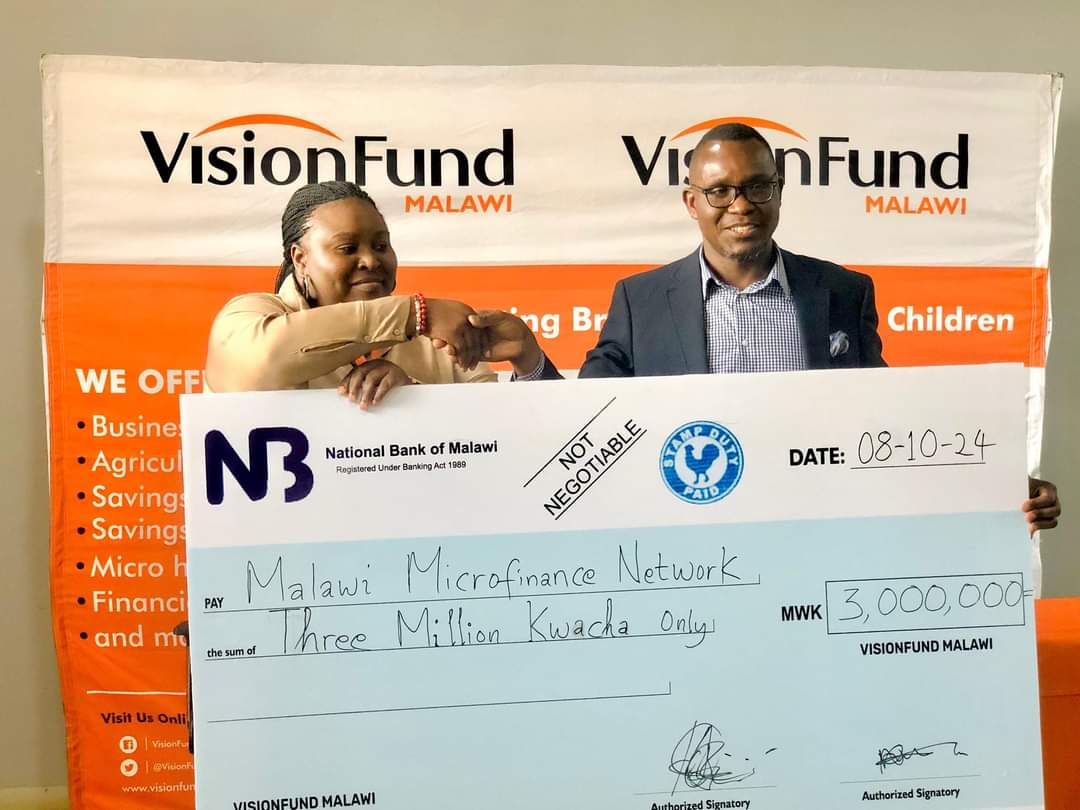By Burnett Munthali
The launch of the Saulos Klaus Chilima (SKC) Foundation at the Bingu International Convention Centre (BICC) in Lilongwe has proceeded without the presence of the United Transformation Movement (UTM), the party once led by the late Vice President Saulos Chilima. The absence of UTM leaders, including its new president Dr. Dalitso Kabambe, has fueled debate over the party’s stance on Chilima’s legacy and its unresolved grievances surrounding his death.
Dr. Kabambe, addressing journalists at a press conference in Area 49, Lilongwe, stated that UTM’s decision to snub the event was deliberate. He emphasized that the party could not reconcile with individuals they believe were responsible for Chilima’s death, a claim that underscores ongoing tensions within Malawi’s political landscape.
Despite its absence from the launch, UTM has pledged K10 million to the SKC Foundation. Kabambe insisted that this contribution is a demonstration of the party’s commitment to preserving Chilima’s vision, even as it distances itself from figures it deems adversarial.
“This move underscores the party’s commitment to honoring Chilima’s legacy while also maintaining its distance from perceived adversaries,” Kabambe stated during the press briefing.
The donation, however, has been met with mixed reactions. Some view it as a genuine gesture of support, while others see it as a contradiction, questioning why UTM would contribute financially to an event they refused to attend.
The SKC Foundation launch has drawn a distinguished crowd, including President Lazarus Chakwera and First Lady Monica Chakwera, among other high-ranking officials, diplomats, and members of civil society. The foundation is dedicated to continuing Chilima’s work in youth empowerment, education, healthcare, and entrepreneurship—causes he championed throughout his political career.
Madam Mary Chilima, the late Vice President’s widow, has taken the lead in driving the foundation’s mission. In her speech, she expressed gratitude for the support received from different quarters and called for national unity in preserving her husband’s vision.
UTM’s absence has sparked diverse reactions among Malawians. Some supporters of the party applauded Kabambe’s stance, arguing that attending the event alongside perceived adversaries would have been an act of betrayal to Chilima’s memory.
However, others have criticized the boycott, viewing it as a missed opportunity for reconciliation. Political analysts suggest that UTM’s presence at the event could have symbolized unity and a commitment to moving forward, despite past grievances.
“Chilima stood for progress and collaboration. His foundation is meant to carry that vision forward. UTM’s decision to stay away risks politicizing a cause that should unite Malawians,” one commentator observed.
The absence of UTM at the event raises questions about the party’s future relationship with the foundation and its role in upholding Chilima’s vision. Will the party engage with the foundation beyond the K10 million donation? Or will UTM continue to distance itself due to lingering political tensions?
For now, the launch of the SKC Foundation has proceeded successfully, but the absence of one of the late Vice President’s most significant political legacies—UTM—has left many wondering whether Chilima’s vision will thrive amidst division or through unity and collaboration.




